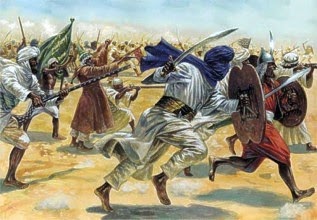Short Biography of Lee Kuan Yew: Father of modern Singapore
ONE of the world’s great economic success stories, Singapore owes much of its prosperity to a record of honest and pragmatic government, the legacy of Lee Kuan Yew, who has died aged 91. He retired as prime minister in 1990 but his influence shaped government policy until his death, and will continue to do so beyond. Born when Singapore was a British colony, the young Mr Lee saw the humiliation of the colonial power by Japan and the tough years of Japanese occupation. A brilliant scholar, he thrived in London and Cambridge after the war and came back to Singapore to assume a leading role in the anti-colonial struggle, co-founding the People’s Action Party (PAP), which governs Singapore to this day.
Mr Lee was its leader, and Singapore’s prime minister, when it won self-government from Britain in 1959. He led Singapore into merger with Malaysia in 1963 and, after their divorce in 1965, as a small, fragile independent nation. Singapore’s prosperity and orderliness won admirers East and West, and came to be viewed as a kind of model.
Mr Lee’s political views, however, were controversial. Decrying the decadence and welfarism which he thought had sapped the strength of countries such as Britain, he supported tough laws and punishments, making Singapore orderly, clean and disciplined. He was quick to use British-era legislation, including a draconian Internal Security Act, to quell anything that smacked of subversion. Defamation suits were used to tame the press and, on occasion, bankrupt his critics. The current prime minister is his son, Lee Hsien Loong, ensuring continuity of a sort. The elder Mr Lee left the cabinet in 2011, after the PAP’s worst-ever general-election performance. It still won 60% of the vote, but there was growing resentment at the high levels of immigration—a consequence of Singaporean women’s very low fertility rates. After the election, although he retained his seat in parliament, Mr Lee looked visibly frail. Yet he was so towering a figure in Singapore’s half-century history that many of its people will find his passing an unnerving moment.
Source = the economist





Comments
Post a Comment